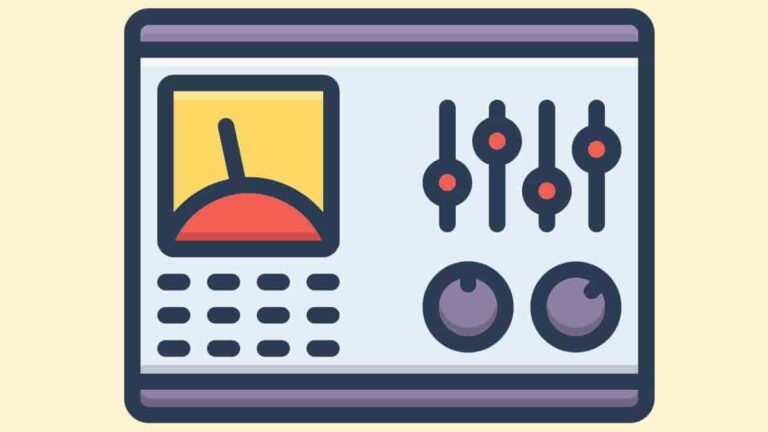Obsessive-Compulsive Personality Disorder (OCPD) is a type of cluster C personality disorder characterized by a chronic pattern of preoccupation with orderliness, perfectionism, and control. Individuals with OCPD often tend to be rigid in their adherence to rules and standards, at the expense of flexibility, openness, and efficiency. Obsessive-compulsive personality disorder differs from obsessive-compulsive disorder (OCD), and the relationship…
What is Dependent Personality Disorder (DPD)
Dependent Personality Disorder (DPD) is characterized by a chronic pattern of fearing separation and an inability to be self-reliant. Individuals with DPD often display an urgent need to be taken care of and to maintain significant relationships, which can result in submissive and needy behavior. Anxiety and apprehension to an excessive degree characterize DPD, a cluster C…
What is Affect Theory
Affect theory aims to categorize affects – often used interchangeably with emotions or subjectively felt feelings – into distinct groups and describe their physical, social, relational, and internal expressions. The discussion on affect theory is present in various fields such as psychology, psychoanalysis, neuroscience, medicine, interpersonal communication, literary theory, critical theory, media studies, and gender…
What is Avoidant Personality Disorder (AVPD)
Avoidant personality disorder (AvPD), belongs to the Cluster C personality disorders. It is distinguished by excessive social anxiety and inhibition, a fear of intimacy (despite a strong desire for it), acute feelings of inadequacy and inferiority, and an overreliance on the avoidance of feared stimuli (for example, self-imposed social isolation) as a coping strategy. Those…
Proactive vs Retroactive Interference in Memory
Interference refers to a phenomenon in cognitive psychology where competing information can hinder the storage and retrieval of memories. It is commonly segmented into two types: proactive interference and retroactive interference. Proactive interference arises when older memories disrupt the recall of new information. Conversely, retroactive interference occurs when new information causes difficulties in retrieving older memories. Both types of interference can affect long-term…
Social Judgment Theory: Perception and Persuasion
Social judgment theory (SJT) describes a persuasion and judgement approach in which a concept is perceived and evaluated in relation to current views. According to SJT, an individual weighs each new concept and compares it to their current point of view to determine where it should fall on the attitude scale in their head. The…
What is Need for Cognition Personality Trait
Need for cognition (NFC) is a personality trait reflecting the extent to which individuals engage in and enjoy effortful cognitive activities. It represents a facet of personality dedicated to one’s willingness to embrace and process complex ideas and situations. Those high in need for cognition exhibit a strong cognitive motivation, often seeking situations that challenge their intellect and…
Epstein’s Cognitive-Experiential Self-Theory
Cognitive-experiential self-theory (CEST), a dual-process perception model was developed by psychologist Seymour Epstein. At its core, the theory posits that individuals operate using two systems: the analytical-rational system and the intuitive-experiential system. The rational system is deliberative, analytical, and operates based on logical reasoning. In contrast, the experiential system is automatic, emotion-driven, and relies on heuristic processing. Previously, various dual-process…
What is Cognitive Inhibition?
Cognitive inhibition refers to the stopping, slowing down, or overriding of a mental process, be it intentional or automatic, possibly as a side-effect of some other process. In particular, it can be observed in a variety of contexts within cognitive science, developmental psychology, and behavioral neuroscience. Fundamentally, it acts as a sort of mental filtering…








